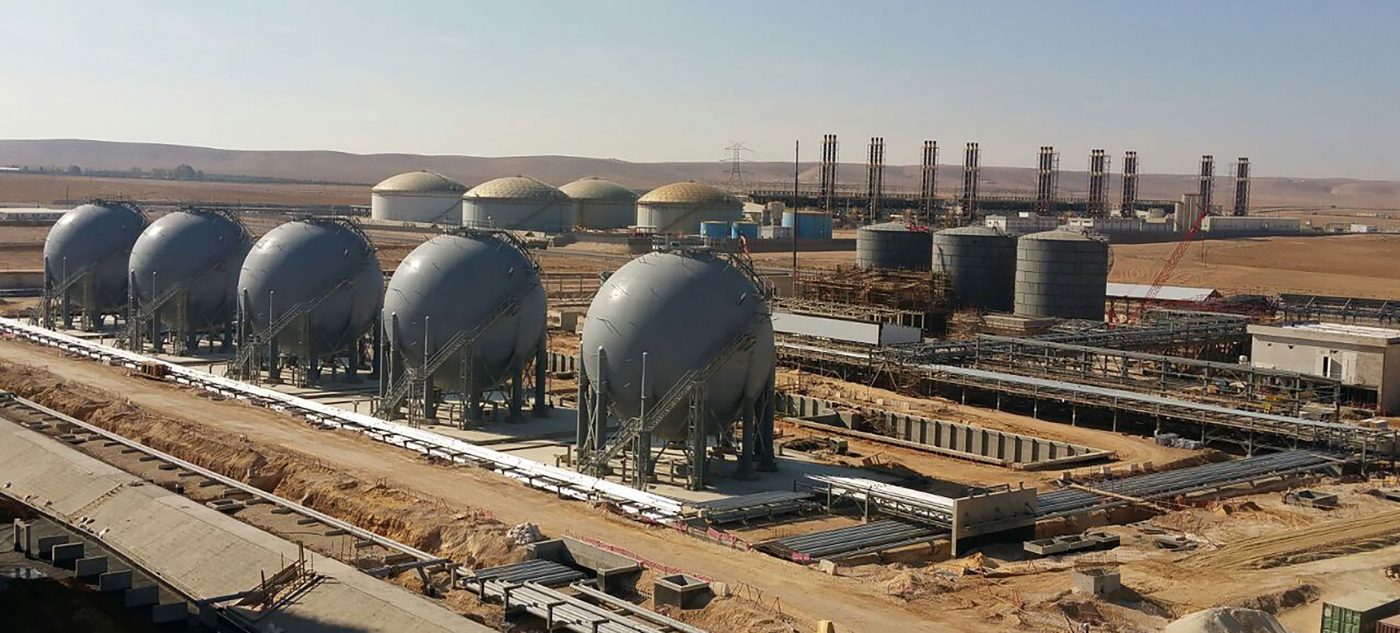5 Reasons Why Gas Utilization Should Be a Priority in 2021
Nigeria recently declared 2021-2030 as a decade of gas development. This denotes that the government will deploy significant resources to deepen gas utilization, increase gas infrastructure and strengthen policies and legislation that govern the gas sector. This move is a step in the right direction with enormous benefits to be gained from its strategic implementation. Power Africa provides five reasons why gas utilization should be a priority in 2021.

1.RESOURCE POTENTIAL: Based on known reserves, there is potential for approximately 400 gigawatts (GW) of gas-generated power in sub-Saharan Africa. In light of the region’s well-documented power generation challenges, gas offers an opportunity to improve energy security. The large concentrations of population/commerce, currently with latent demand not met by grid-based electricity, means that any new power generation alternative will be swiftly absorbed by consumers.
2. ECONOMICS: With the drop in global prices, the use of gas has become more attractive, and could replace more expensive fuel sources, thus reducing the cost of energy. With lower prices, businesses can thrive and more people can have access to electricity. In addition, carbon emissions from natural gas usage are much lower than emissions from coal and oil-based fuels like kerosene, diesel, gasoline, and heating oil, as well as burning biomass for cooking.
3. MOMENTUM: Many African countries are actively pursuing programs to grow their gas economies. Not just gas-to-power, but also industrial and transport gas markets. Other African countries without their own reserves will need to develop infrastructure for the importation of natural gas to support local demand, power generation and others. This will require sufficient investment in upstream natural gas infrastructure.
Already, several governments in sub-Saharan Africa are actively pursuing programs to grow their gas economies through the development of industrial and transport gas markets, in conjunction with gas-to-power programs.
4. CATALYZATION IMPACT: Decreasing the risk of new projects by improving returns for upstream gas production and proving viability can create stronger markets for gas. Increased supply of gas has been proven to have a transformative impact on economies
5. DIVERSIFICATION AND FLEXIBILITY: Gas-fired plants complement the generation profiles of renewable sources, thereby increasing the reliability and availability of power
Source – Power Africa Gas Roadmap to 2030


